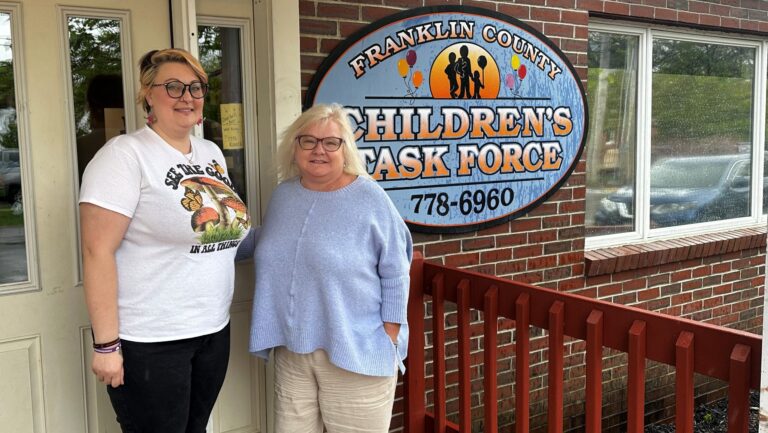As the John T. Gorman Foundation works with its partners to develop and test strategies for strengthening Maine children and families, we look to the latest data to inform where we can have the greatest impact. Looking at the numbers, the rising mental health needs of children and their parents/caregivers – exacerbated by the effects of the COVID-19 pandemic – have emerged as a vital concern.
By several measures, Maine children are dealing with mental health conditions and adverse experiences at rates that are among the highest in the country. At the same time, parents – especially Black mothers and those with low incomes – are facing higher rates of mental health challenges as well.
With Maine’s behavioral health system facing the dual problems of high demand and low capacity, the John T. Gorman Foundation is working with partners across the state to develop and implement evidence-based and promising approaches for building new pathways to mental health care. These include an effort in Portland to expand mental health supports for children at the Boys & Girls Club of Southern Maine , and another to provide a therapeutic program to mothers with depression at Bangor Housing.
“Setting up children for success later in life not only means offering mental health support when they need it, but ensuring their parents and caregivers have their own emotional needs met as well,” said Jennifer Beck, John T. Gorman Foundation Vice President, Programs. “While these data points show critical needs in both areas, we believe there are several promising approaches to address them. In supporting and testing strategies with our partners, we hope to identify effective models that can be taken to a broader scale and have a statewide impact.”
Look below to find out more about the data points guiding these strategies and why they are significant.
Children’s Mental Health
Without the right support, children experiencing mental health challenges – and those at risk of developing them – can face long-term challenges in their development and in adulthood.
- One in six Maine children have been diagnosed with anxiety – one of only three states with a child anxiety rate about 15%
- Maine has a childhood depression rate of 7% – compared to 4% nationally
- As reported by NAMI Maine (2021), 49% of Mainers ages 12–17 who have depression did not receive any care in the previous year
- 20% of Maine children have experienced two or more Adverse Childhood Experiences (ACEs) – compared with 17% nationwide – placing them at higher risk of developing mental health conditions later in life
Parent/Caregiver Mental Health
Mental health difficulties for parents/caregivers not only affect their well-being but that of their children. These challenges can make it more difficult for them to support a child’s healthy development and to provide for their families financially.
- In Maine, about 1 in 8 mothers have reported depressive symptoms in the three months after giving birth, and over 28% of Maine mothers of babies and toddlers have reported less-than-optimal mental health, compared to 22% nationally
- Maine mothers with low incomes are twice as likely to face postpartum depression compared to those with higher incomes
- Black mothers in Maine were two to four times more likely to report postpartum depression symptoms compared to white mothers
- Maine parents were less likely to report being in “excellent or very good” mental health than mothers or fathers nationwide
Source Links:


